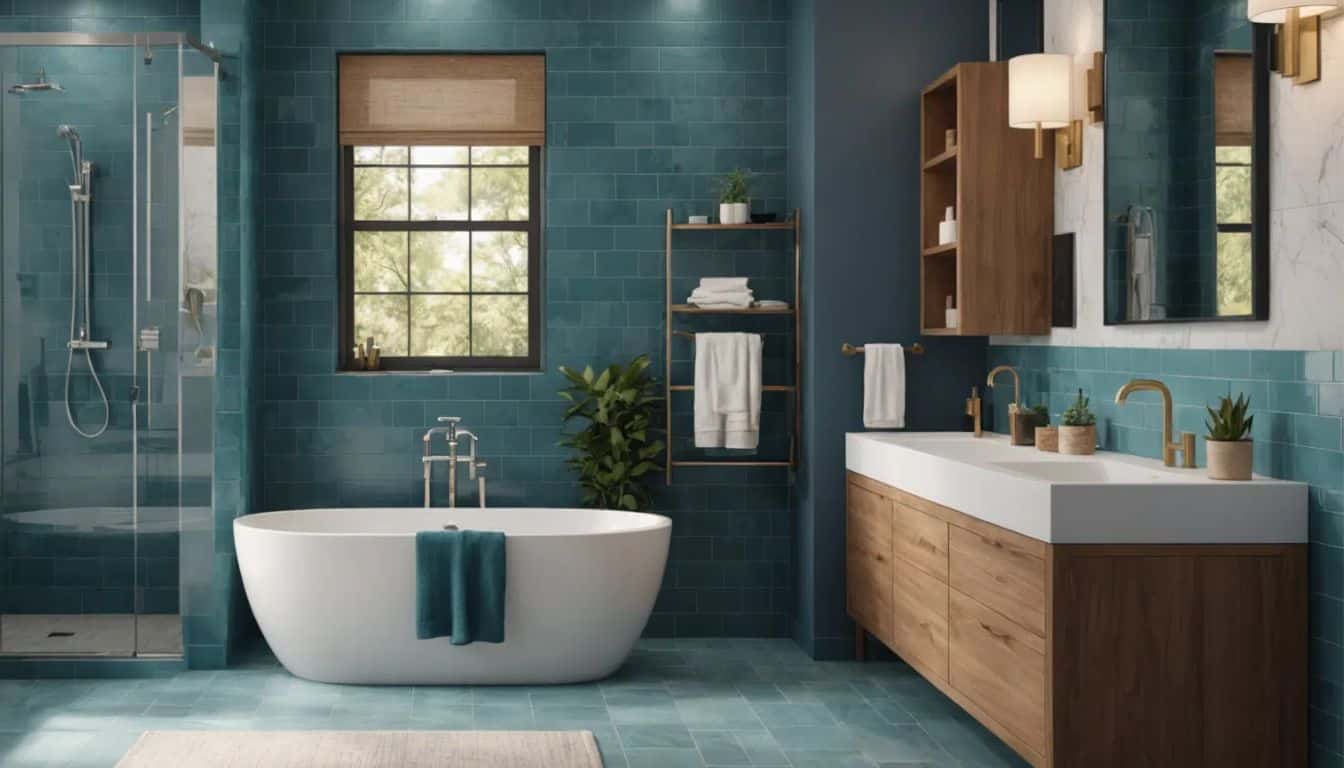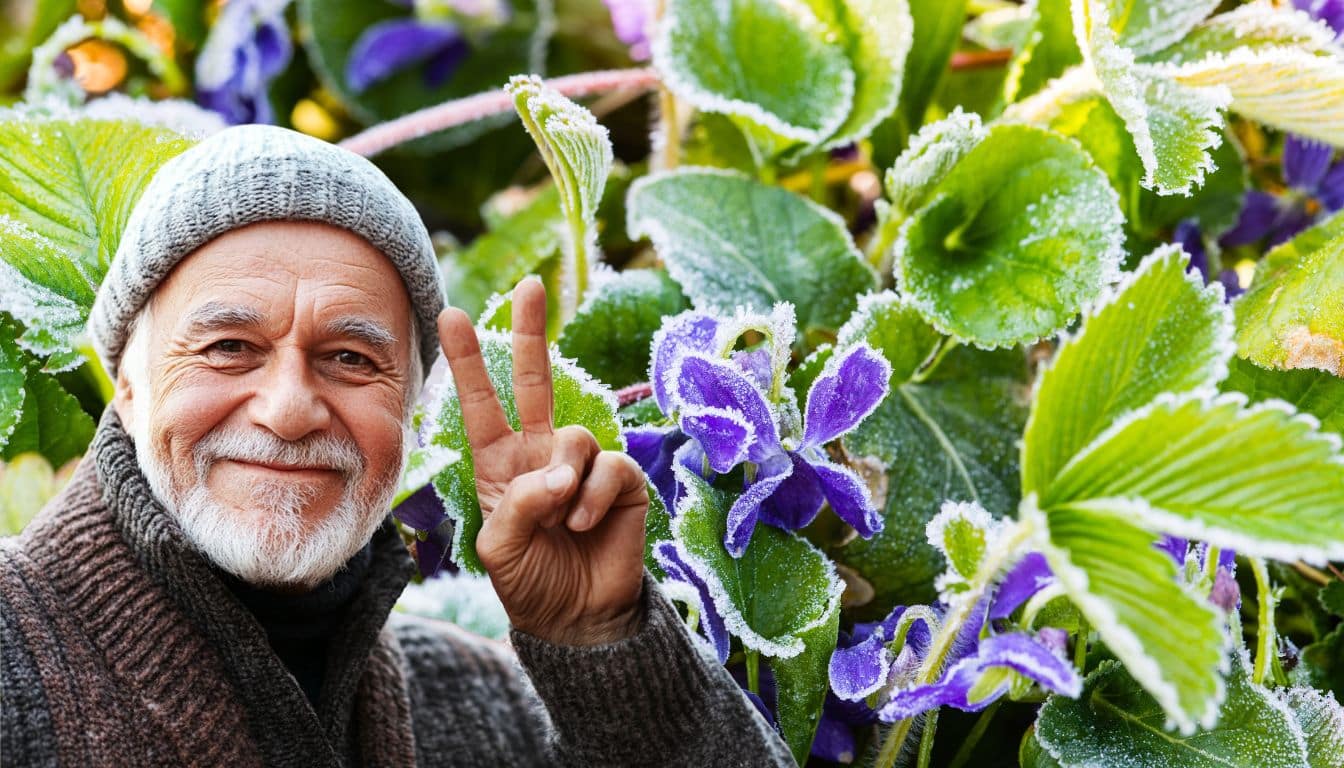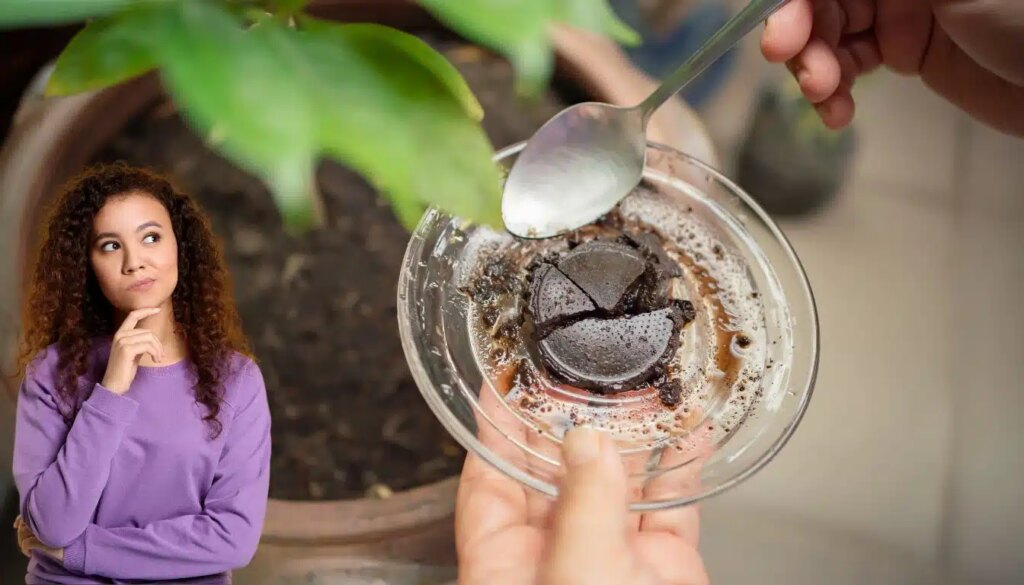With winter upon us, the lows temperature encourage you to use heating more. However, it must be considered that i radiatorsalthough comfortable for us, can become a source of thermal stress for our loved ones houseplants.
Let’s find out together if it is a good idea to keep them next to the radiators and how to best guarantee theirs salute.
The risk of thermal stress
Place our houseplants near the radiators can be fatal. The leaves Some plants can dry out, turn yellow and then fall due to overwatering direct heat.
This heat, although pleasant for us, can cause an important thermal stress to plants, making them more fragile and vulnerable to diseases.
The invisible enemy of dry air
In addition to heat, i radiators tend to reduce thehumidity in the air. Too dry air can severely affect the growth of beloved plants such as orchids and the paralysiswhich prefer a humid environment.
Leaves may show brown tips or entire wilted parts if the plants are exposed to dry air for a long time.
Is there a solution?
Fortunately, there are strategies to protect your plant and guarantee their well-being even in winter. One of the first precautions is to keep them away from direct heat.
Place them in corners of the house where they can receive indirect light it could make a difference. Furthermore, the use of a humidifier will help maintain adequate humidity in the environment.
Methods to improve the environment for your plants
For those who want to keep plants in areas closer to radiatorsit is important to group the plants to create a humid microclimate. Or, use a tray of water under the pots, making sure the roots are not submerged.
There are also special plants that are more resistant to changes in humidity and heat.
Who resists best?
They exist plant more tolerant to winter conditions, such as Pothosthe Sansevieria and theAloe vera. These variants can handle the conditions better dry air e constant heat of radiators.
However, these plants also prefer a certain distance from the source of heat.
Upgrading your heating can help
If changing the positioning of plants is difficult, opt for a electric radiator low consumption or a infrared heating it could be a great solution.
These devices spread the heat in a homogeneous manner, avoiding excessive concentration of heat in a single area.
Ultimately, know your needs plant and act to protect them from the dangers of heating domestic can make the difference. Thus, you will be able to maintain their beauty and health even in winter.







